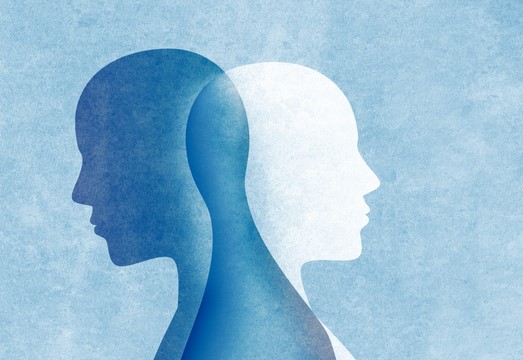Digital Fatigue and It’s Causes

Digital Fatigue and It’s Causes
Have you ever wondered why you felt exhausted after a day of working from home? Or why you woke up feeling unrested even though you’ve slept for a good number of hours? The answer is simple, you’re suffering from digital fatigue.
Overuse of screens and handheld devices, and the expectation that we need to be available 24 hours a day, impacts our physical health with issues such as eye strain, headaches, and exhaustion. It can also affect mental health as it increases risk of conditions such as depression, low self-esteem, and anxiety. Our emotional wellbeing also gets impacted as we’re distracted from the things that matter most to us.
Causes of Digital Fatigue
-
The blue light emitted by computers affects our sleep cycles, as it boosts attention. It’s useful in the day when you want to remain alert but, contributes to poor sleep if we are exposing ourselves at night. And it’s been proven that poor sleep is directly connected to low moods.
-
Endless Zoom meetings are exhausting as they lack the social connection and body language cues of face-to-face meetings.
-
Digital meeting tools generally require more attention and focus than face-face interactions, because they force us to consciously monitor body language and make direct eye-contact, causing you to feel drained as the meeting ends.
-
While working from home, you may have social media or the news constantly playing in the background, causing FOMO and a form of addition to develop as you get used to constantly receive small pieces of information. That feeling of obligation to constantly be aware can lead to stress.
-
One of the disadvantages of digital usage is that there are no stopping cues. Signals that act as reminders to check in on how long you’ve been doing a certain activity and prompt you to consider if it’s time to stop. For example, when you’re reading, the end of a chapter is a stopping cue that allows you to decide if you want to continue or stop.























































